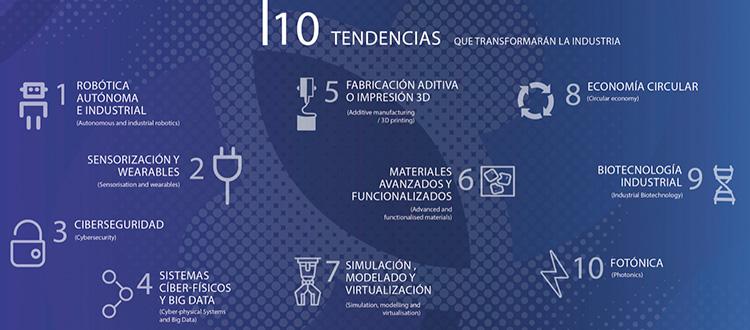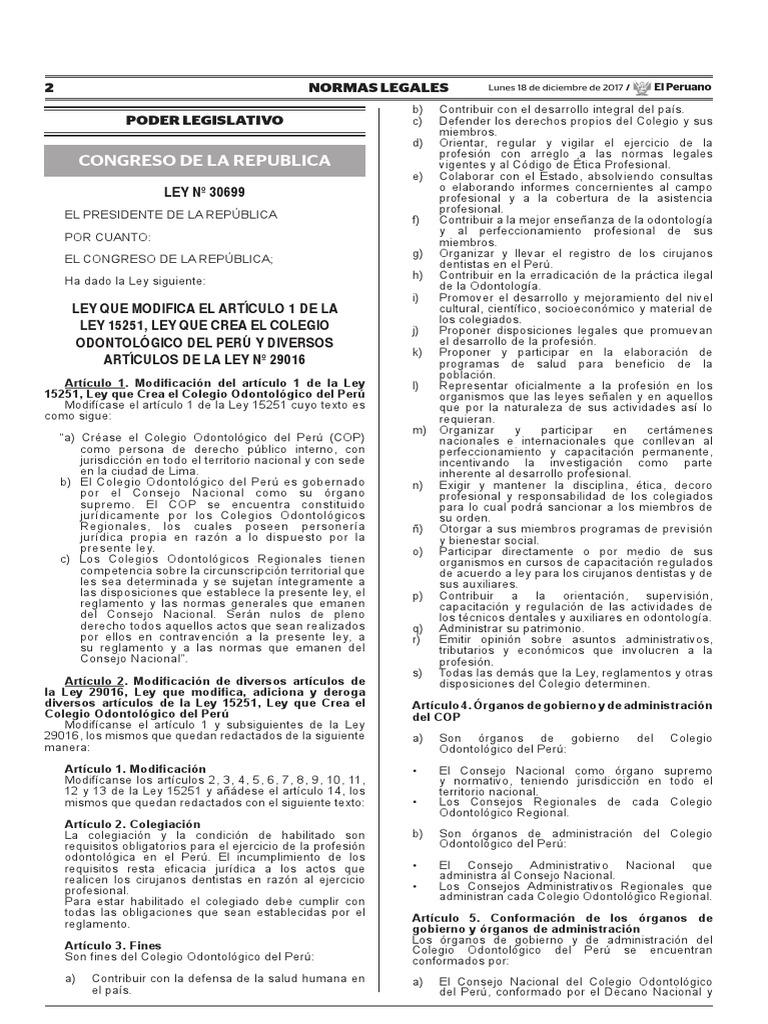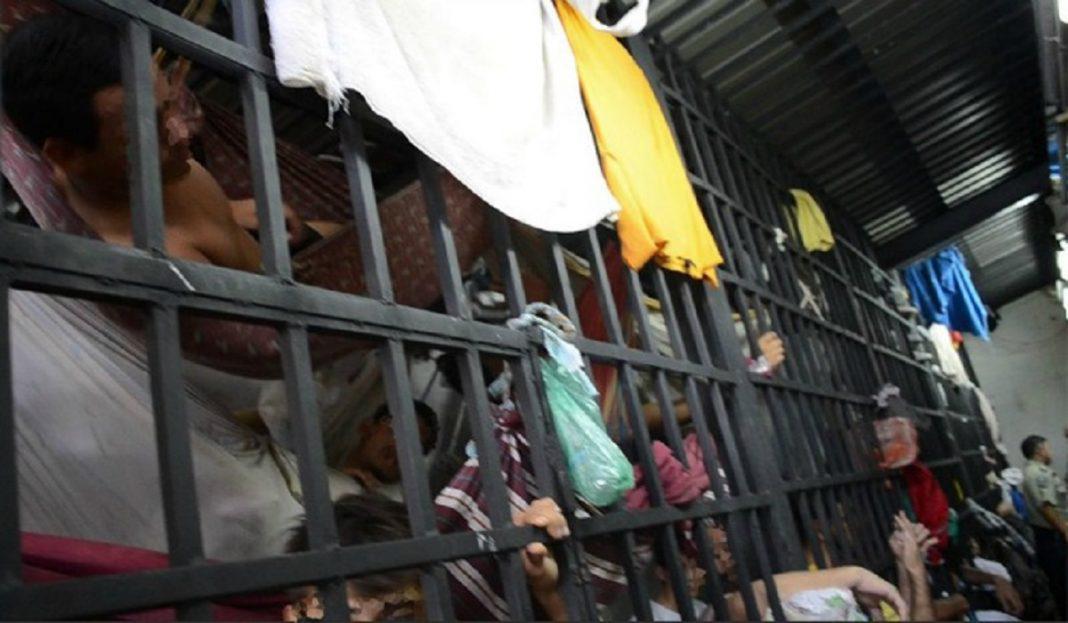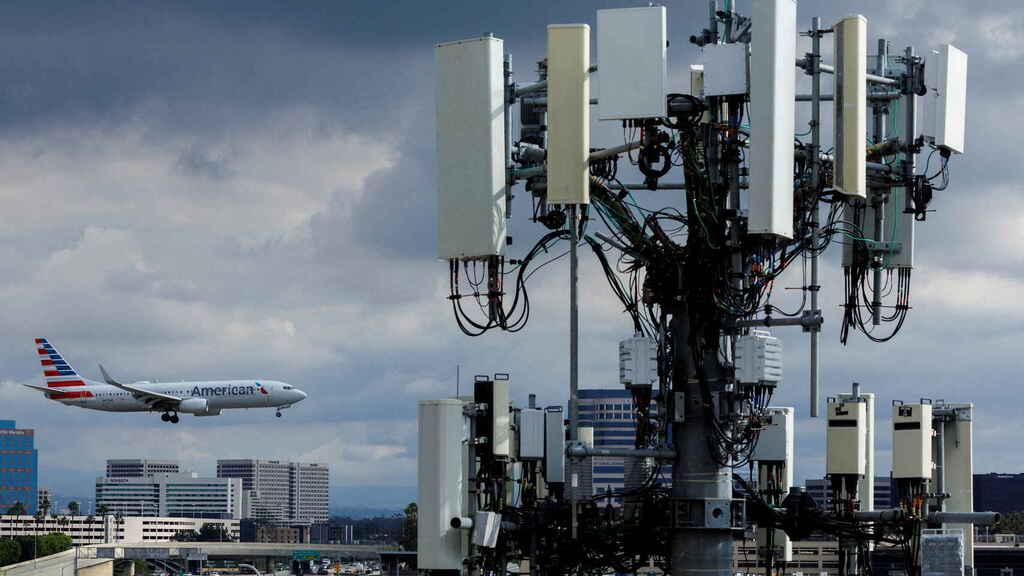Data for digital reindustrialization
There was a time when Spain, under the euphemism of industrial reconversion, deindustrialized, as well as the other Western countries.From 1980, factories went to other latitudes where producing is cheaper and where the corsets of labor and environmental legislation are more lax.From there the goods could arrive in huge ships full of huge containers, and keep low prices.It was not such a good idea: one of the objectives of the 2030 horizon is that each of the member countries of the European Union has an industrial sector that reaches 20%.In Spain, before the pandemia did not reach 15%.Reindustrialization must also be done on new unavoidable budgets: sustainability and digitalization.These issues were discussed in the reboot industry event by El País and Telefónica Tech.
The term industry 4 ago emerged.0 o Fourth Industrial Revolution to describe the automation of the industry, but in these hyperaceled times there are already those who talk about one step further: a fifth revolution and an industry 5.0, marked by a deep collaboration between the human being and the machine, through artificial intelligence, to improve efficiency and productivity: personalized production, collaborative robots (cobots), etc., without neglecting the commitment to sustainability.
The industry has to change and has already undergone changes in recent years."There has been a disruption in productive processes," says Andrés Escribano, director of new businesses and industry 4.Telefónica Tech.To be more competitive in a cruel and volatile scenario, production tends in these times to become more flexible, more agile, more resilient."The factory of the future has to be more adaptable to the possible changes in the competitive environment, sometimes produced by competitors, sometimes by events such as pandemic," says the director.Other changes have to do with digital products, whose manufacturing is different from that of analog products."Now we want products that fit perfectly to our needs and, with digital trade, we want delivery time to be very short," says Escribano.
European funds for recovery can be a good fuel to modernize the Spanish industry.On that path to industry 4.0 and up to 5.0 It is important to take into account several issues: understand that people are important, as main managers of change;worry about sustainability and circular economy that takes advantage of waste and reuses them;and know how to take advantage of the bouquet of new technologies (artificial intelligence, Big Data, Machine Learning, Internet of Things, Edge Computing, etc.).

In factories 5.0 thousands (or tens of thousands) of sensors monitor the processes, the Edge Computing reacts on the terrain shortening production times, artificial intelligence extracts the value to the data and makes decisions, the 5G allows a cable -free factorry, technologyBlockchain deals with cybersecurity and confidence in the exchange of data in the industrial environment."We are talking about a factory where mobility is the keyword," says Escribano, "a liquid factory where different production models can be replicated or moved to another factory".
"The new industry arises to end the repetitive work," explains Humberto Bustince, professor of Computer Science and Artificial Intelligence of the Public University of Navarra, "and has come to stay".It emphasizes the importance of data as a fuel of the AI, depending on the quality of the data will be the quality of the decisions, and it is important to save the biases that may occur.In these processes it will be important.Also delving into data security and asking us questions that we asked ourselves 150 years ago in relation to the land: Who is the owner?Who works it or who owns it?In the same way we do not know if the data is from who produces them, from whom they extract them, from whom it exploits them, etc..Another important point is how to datify."You have to establish legal, ethical, moral norms, on how to take the data," says the teacher.Algorithms must also be supervised by people and ethical committees, so that technology is dominated by human beings and not vice versa.
"We are in a situation of technological change at vertigo speed and the industry has to adapt to these great changes just like each of us does it in their daily lives," says Belén García Molano, director of and Development for Airbus Defense and Space.The objective in Airbus, as in so many industries, is digitalization, and respond to the demand of customers who already want products to the letter, with all the complication that this implies.One of the company's most notorious projects is Zeroe, which seeks to produce in 2035 a plane without hydrogen -based emissions (and has been selected as a finalist for the Eco Retina Awards).The human factor is also important: "The purpose is to put the employees also in the center," says García Molano, "if the industry seeks that sustainability, flexibility, competitiveness, everything is focused on our workers from having greater added value and greaterquality of life in the company ".
European funds are an unavoidable opportunity to implement these changes."We are facing a historical opportunity: the train is about to leave and you have to get on that train," says Donato Martínez, director of S and Digital Transformation of Navantia, "an exercise of collaboration between ministries, companies, universities, etc.".In the case of Navantia they have three pillars (sustainability, digitalization and social responsibility) and an ambitious plan: the digital twin, a key concept for shipyard 4.0, which consists of a 3D virtual reality of a physical product, which evolves assimilating data and allows us to know in what state the ship (the twin) is found.Its development will also provide valuable information on design, operation and manufacturing.
Last but not least, for the digital development of the industry, people who do not abound are needed: the demand for profiles in disciplines such as computer engineering or data science is higher than the offer;Despite the technological panorama, technical vocations are scarce, especially among women.That is why an important requirement of this new industrial “conversion” has to do with generating these vocations.The opposite would be a problem: "Without computing and artificial intelligence, the Spanish industry will disappear," concludes the professor Bustince.
You can follow El País Technology on Facebook and Twitter or sign up here to receive our weekly newsletter.








